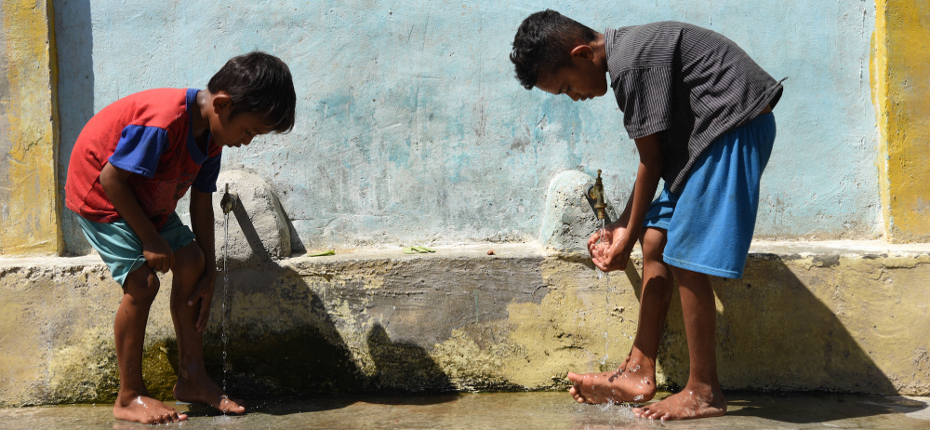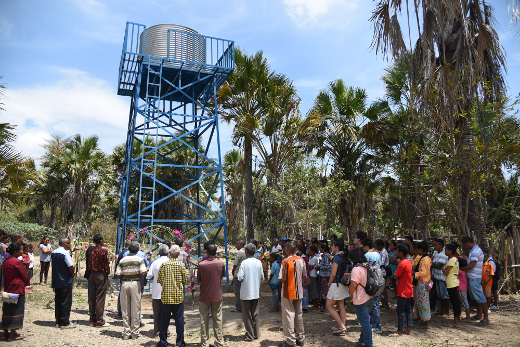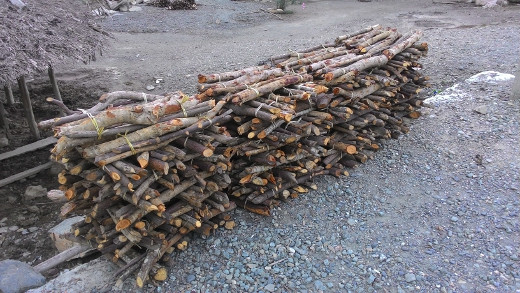
JSS has built wells in five aldeias (villages) in and around Dili. These areas face serious water shortages during the dry season that runs from April to November, and JSS is currently assisting 235 households in Hera 7 kilometres east of Dili and Kasait about 13 kilometres west from Dili.
“The clean water project began when we found out that in Hera many school-aged children were pushing carts packed with water containers for the long trip back to their homes,” said Fr Erik John Gerilla SJ, Executive Director of JSS Timor-Leste. With JSS’ intervention, people in these villages can focus on their farms without worrying about water and the children no longer have to walk hours to fetch water and now have free time in the afternoon for some recreation.
Fr Gerilla said they found it challenging to change the mind set and practice of the communities.

JSS felt that its apostolic action should not be limited to drilling for water and installing electric pumps for distribution to smaller water tanks. So, in addition to providing technical expertise such as hydrological analysis and engineering work, JSS engaged in community rituals and other cultural practices before they started drilling water holes.
“Equally important are the ‘soft technologies’ to build community capacities,” shared Fr Gerilla. These include teaching the villagers ways to conserve water and improve ecosystem services for water regulation. To this end, JSS plants as many trees as it can, but the team quickly realised that the challenges go beyond planting trees. At first they worked just with students, but they later learned they also had to engage the local people in managing the land so that the trees could grow.

The other challenge, especially in Ulmera where the Jesuit education project is located, is that the area is a major supplier of firewood. Firewood is a lucrative industry and JSS is urging Ulmera residents not to target to supply the whole of Dili because trees are needed to protect their water source. It also mobilised multi-sectoral dialogues on alternatives to mitigate the impact of consuming wood for fuel.
“Showing videos of the destructive impact of typhoon Haiyan is a way of shifting behaviour towards tree planting and looking for alternatives to cutting trees for fuel,” said Fr Gerilla.
Perhaps one of the visible signs of positive impact from the JSS water project is that families have started to venture into backyard farming to help augment their food supply. Fr Gerilla said that although this may seem insignificant, it is noteworthy because it shows that families are starting to become self-sufficient.






